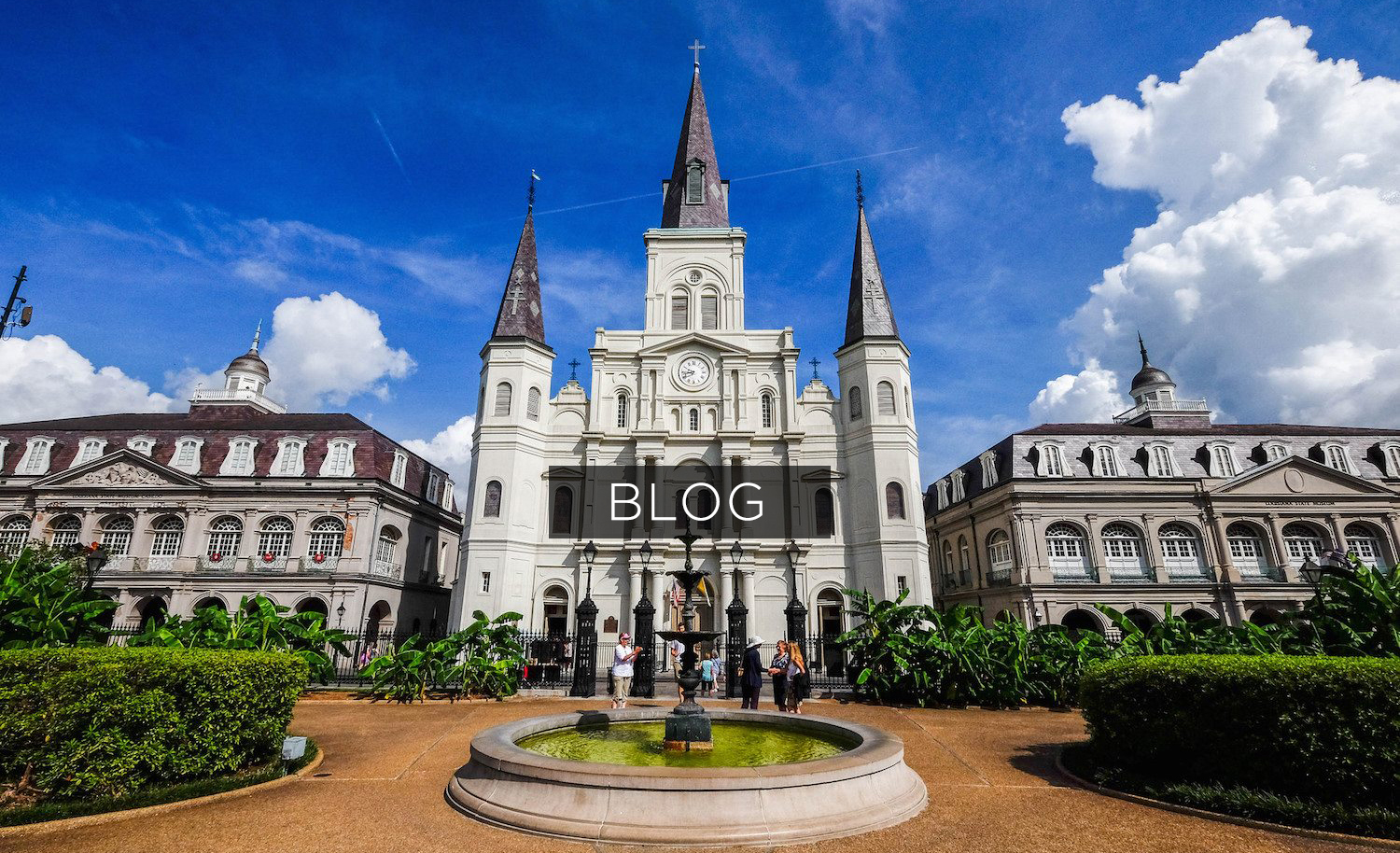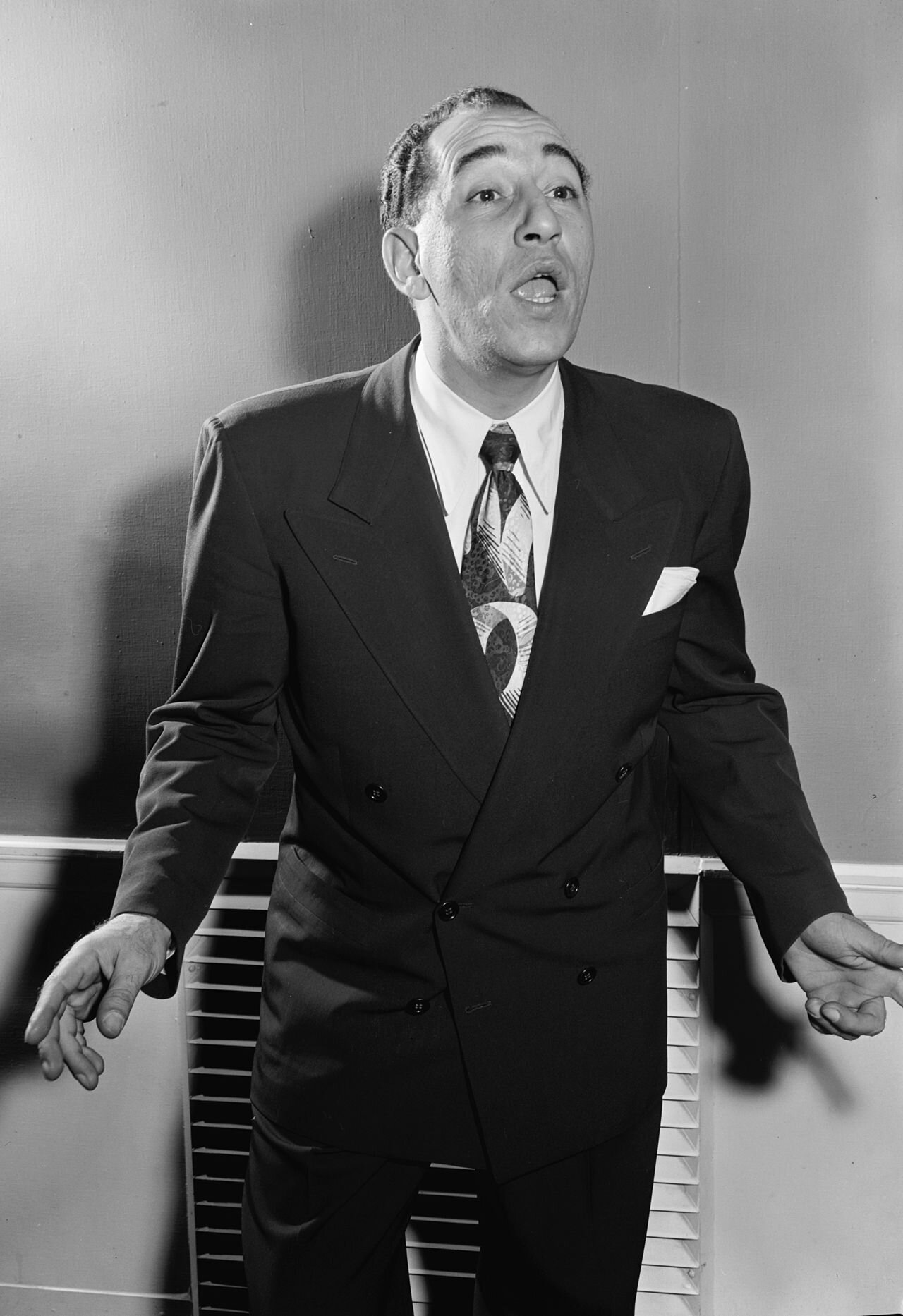Celebrating the Birthday of Kid Ory
John Dunlop
Influential early jazz trombonist, bandleader and composer Edward "Kid" Ory was born on December 25, 1886, on Woodland Plantation, near LaPlace, Louisiana. Ory started playing music with homemade instruments in his childhood, was leading a band by his teens, and moved his band to New Orleans when he was twenty-one. Ory played banjo in his youth, which helped him develop a particular style of trombone playing called “tailgate”, with a rhythmic line underneath the cornets and trumpets. Ory was discovered by Buddy Bolden, and by the 1910s had one of New Orleans’ most well-known bands. He hired many of the City’s greatest jazz musicians including Joe “King” Oliver and Louis Armstrong.
In 1919, he moved to Los Angeles, and in 1921 his band recorded a number of songs, including two instrumentals, “Ory’s Creole Trombone” and “Society Blues”, which were the first jazz recordings made on the West Coast by an African-American band from New Orleans. Ory paid the recording company Nordskog for the pressings and then sold them at Spikes Brothers Music Store in Los Angeles with his own label, "Kid Ory's Sunshine Orchestra". Ory moved to Chicago in 1925 where he worked and recorded with Louis Armstrong, Jelly Roll Morton, King Oliver, Bessie Smith, and many others. He also mentored Benny Goodman and, later, Charles Mingus. Ory retired from music during the Great Depression, running a chicken farm in California during that period. But he returned to music in 1944, leading one of the premier New Orleans-style bands of the time.
The Ory band helped to revive interest in New Orleans jazz, appearing on popular 1940s radio broadcasts, and in 1944–45 the group made a series of recordings for Crescent Records. During the late 1940s and early 1950s, Ory and his group appeared in Los Angeles, and in 1958 he played at 'On the levee' on the San Francisco waterfront. Ory retired from music in 1966 and spent his last years in Hawaii, where he passed away January 23, 1973. He led a remarkable life, which we celebrate today!






